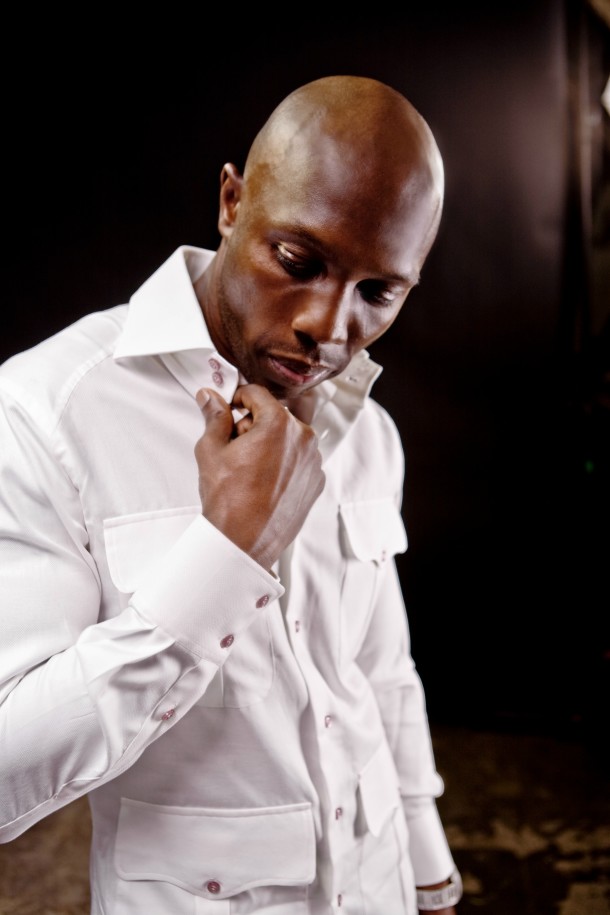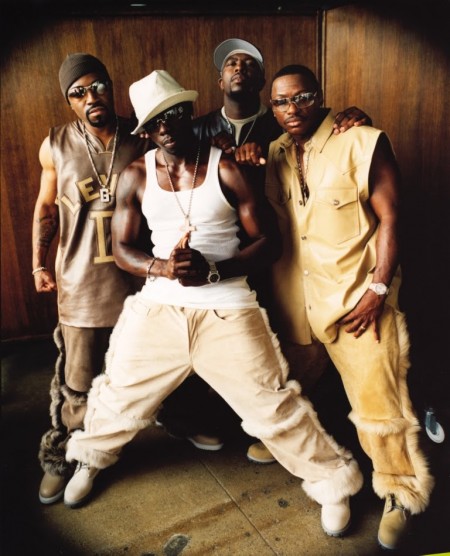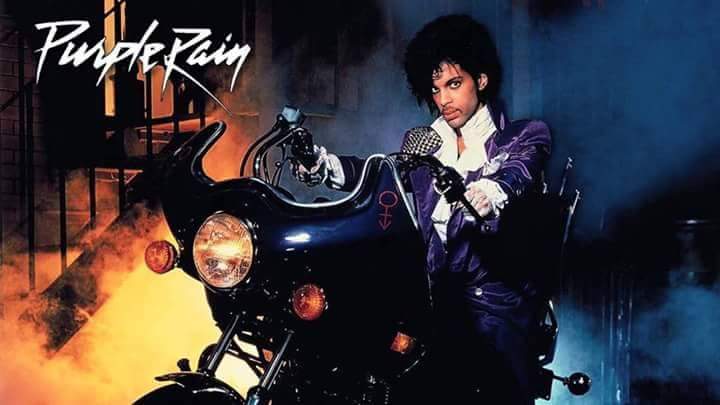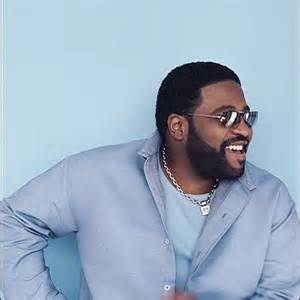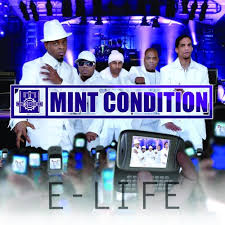False accusations, fallouts, trademark infringement and confused fans across the globe: what is the story, where is the real Blackstreet and who the blank is BS2?
Chauncey Black, co-founder and now sole owner of the Grammy-Award-winning group’s name and CEO of Blackstreet Entertainment, explains the conflict with super-producer and co-founder Teddy Riley as a greedy power trip.
“Teddy Riley is hyped up on his other accomplishments [big name collaborations he’s done outside of the group], so he’s thinking that he alone is responsible for Guy and Blackstreet,” Chauncey stated recently by phone from Atlanta. “He does play a large part in our success, but he’s losing sight of the team efforts [made by himself, Mark Middleton and Eric Williams]. Yes, he’s largely responsible for the music, but what do you have without our vocals? I’m a part of that sound and style, I was on every album and never left.”
The Blackstreet/BS2 controversy started in 2010, when Black checked on the status of the group name and noticed that Riley had allowed his sole ownership to expire over two years prior. To protect the integrity of what he helped to create, Black bought sole stake in the name and up until 2012, during the period when they still performed together, offered Riley an even split. “When Middleton and Williams left, I bought the name and was gonna give him 50% of the stake and ownership, but Teddy wasn’t happy with that because he can’t stand the thought of having to come through me and to me anytime he wants to do anything related to use of the name ‘Blackstreet’.”
Teddy Riley’s view of the situation is the polar opposite of what Black asserts: according to quotes from a recent interview with The Voice (UK), Riley feels entitled to the credit of any and all of Blackstreet’s success and considers Black a traitor. Despite the lack of ownership towards the name, Riley still uses it and then introduces the newer version to crowds as BS2 [Blackstreet 2]. “They’re already guilty of trademark infringement and Teddy Riley knows that. He was quoted in that [Feb 2014] article saying, ‘There is no more Blackstreet,’ then comes out on stage calling himself and the guys Blackstreet. Sure you’re gonna see Dave (Hollister), but he was only part of the first album and is known better for his solo career.”
Unfortunately, according to Black, Teddy Riley is the common denominator and instigator of the break-up of both Guy and Blackstreet. “Teddy played us off on each other: he was the boss and we were all tied to the same contract. They [Williams and Middleton] might have seen me as being in cahoots with him, but I was just really playing my position. He [Riley] needs to ask himself how he can upset with the both of the co-founding guys in both of the original groups [Aaron Hall and Black]—-everybody’s wrong except for him? Everybody? We didn’t abandon the names, he did. We got them, preserved them and made sure that we keep those names within the family. He acts like we took something from him—–no, we’re protecting what we created together.”
Until Riley decides to level the playing field (“This isn’t the 90s anymore, he can’t have all the money and the final say,”), Chauncey Black is moving forward to re-configure the brand, earning accolades for his clever re-imagining of “No Diggity” for JC Penney (in conjunction with the US Olympics Committee for American gold medalist Ted Ligety), “Go Ligety.” The ad won Commercial of the Week and has given urban appeal to JCP while re-asserting Chauncey Black’s vision of Blackstreet at center stage. Thanks to the heightened profile, new music and even more commercial ventures are in the works for 2014, and while he’s mum about the specifics, Black is excited about the future of Blackstreet Entertainment with or without his mercurial co-founder in the mix.
By Melody Charles (first published at soultracks.com)

